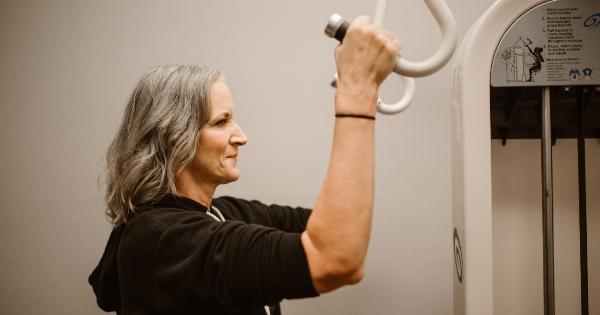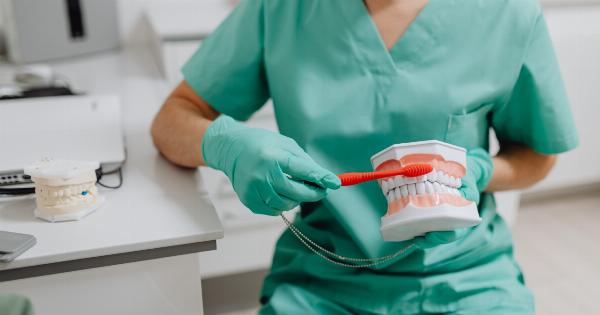Going to the dentist can be a scary experience for kids. The unfamiliar environment, strange noises, and fear of pain can make them anxious and resistant to dental care.
However, regular check-ups and proper oral hygiene are crucial for their health and well-being. As a parent or caregiver, it’s essential to help children overcome their fear of the dentist and make dental visits a positive experience.
Start Early
One of the best ways to prevent dental anxiety in children is to start dental visits early.
According to the American Academy of Pediatric Dentistry, a child should have their first dental visit by their first birthday or within six months of their first tooth eruption. Early dental visits establish good oral health habits and familiarize children with the dental office, setting the foundation for a positive experience.
The dentist can evaluate their dental development, provide guidance on oral hygiene, and answer any questions or concerns parents may have.
Communication is Key
Another crucial factor in overcoming dental anxiety is communication. It’s essential to communicate with your child and explain the importance of dental care in a positive and age-appropriate way.
Avoid using words that may sound frightening, such as “needle,” “drill,” or “pain.” Instead, use words such as “clean,” “check-up,” or “sugar bugs” to describe the dental visit. Encourage your child to ask questions and listen to their concerns. Acknowledge their fears and reassure them that the dentist wants to help them have healthy teeth and a bright smile.
You may also want to ask the dentist for tips on how to explain dental procedures to children.
Practice at Home
Practicing good oral hygiene habits at home can also help children feel more comfortable with dental care. Encourage them to brush their teeth twice a day for two minutes and floss daily.
Make brushing fun by letting them choose their toothbrush and toothpaste in their favorite color or flavor. You can also play their favorite music, sing songs, or use a timer to make brushing more enjoyable. By developing good oral hygiene habits at home, children can feel more confident and less anxious during dental visits.
Choose the Right Dentist
Choosing the right dentist is also crucial in overcoming dental anxiety. Look for a dentist who specializes in pediatric dentistry.
Pediatric dentists have an additional two years of training in treating children and are skilled at addressing dental anxiety. They create a comfortable and welcoming environment, use age-appropriate techniques, and have a gentle approach.
You can also tour the dental office beforehand and introduce your child to the dentist and staff before their appointment to help build familiarity and trust.
Consider Sedation
If your child has severe dental anxiety, sedation may be an option to help them feel more comfortable during dental procedures. Sedation can range from mild “laughing gas” to deep sedation, depending on your child’s needs.
A skilled pediatric dentist can help determine the right type of sedation for your child and ensure their safety during the procedure. However, sedation should only be used as a last resort when other methods have failed.
Use Positive Reinforcement
One of the most effective ways to help children overcome dental anxiety is to use positive reinforcement. Praise and reward your child for their bravery during their dental visit.
You can give them a sticker, a small toy, or take them to their favorite place afterward. By focusing on the positive aspects of dental visits, children can overcome their fears and feel more comfortable with dental care.
Conclusion
By following these tips, you can help your child overcome their fear of the dentist and make dental visits a positive experience.
Starting dental visits early, communicating with your child, practicing good oral hygiene habits at home, choosing the right dentist, considering sedation, and using positive reinforcement can all help children feel more comfortable and less anxious during dental procedures. By prioritizing dental care, you can help your child have healthy teeth and a bright smile for life.























